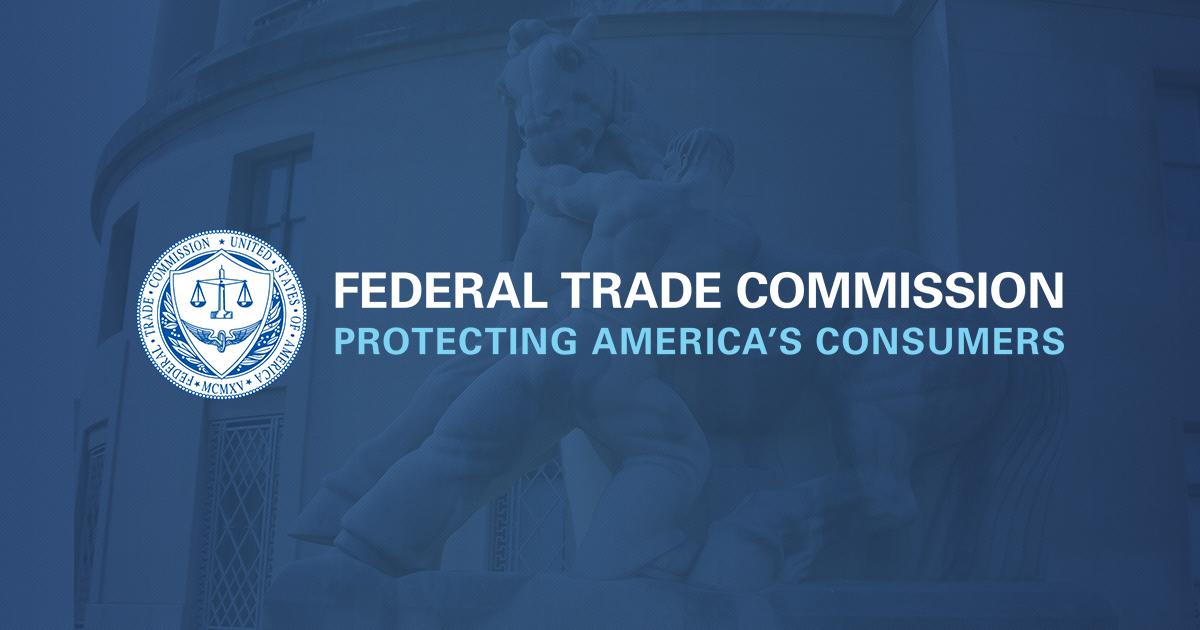During the past year, the Federal Trade Commission has continued its efforts to stop unlawful debt collection practices, including vigorous law enforcement, education and public outreach, and research and policy initiatives.
The FTC sent a summary of its 2016 work on debt collection practices to the Consumer Financial Protection Bureau (CFPB) for inclusion in the CFPB’s annual report to Congress on the Fair Debt Collection Practices Act (FDCPA) as required by the Dodd-Frank Wall Street Reform and Consumer Protection Act. The FTC and the CFPB share enforcement responsibilities under the FDCPA. In 2016, the Commission:
- filed or resolved 12 cases against 61 defendants, and obtained nearly $70 million in judgments;
- banned 44 companies and individuals that engaged in serious and repeated violations of law from ever working in debt collection again; and
- secured successful summary judgment decisions in three litigated matters, resulting in orders banning defendants from the debt collection industry.
According to the summary, many of the FTC’s law enforcement actions focused on curbing egregious debt collection practices, including phantom debt collection. Additionally, this past year, two U.S. Courts of Appeals adopted favorable interpretations of the FDCPA in cases in which the FTC and CFPB had filed joint amicus briefs.
The FTC has also worked to educate consumers and businesses about their rights and responsibilities under the FDCPA and the FTC Act. In addition to reaching consumers through about 16,000 community-based organizations and national groups, in 2016 the FTC distributed 15.5 million print publications to libraries, police departments, schools, non-profit, banks, credit unions, other businesses and government agencies. FTC website pages logged more than 43 million views, its videos were seen more than 600,000 times at YouTube.com/FTC, and its consumer blogs reached 159,825 (English) and 44,835 (Spanish) email subscribers.
The Commission vote approving the report was 2-0.
The Federal Trade Commission works to promote competition, and protect and educate consumers. You can learn more about how competition benefits consumers or file an antitrust complaint. Like the FTC on Facebook, follow us on Twitter, read our blogs and subscribe to press releases for the latest FTC news and resources.

